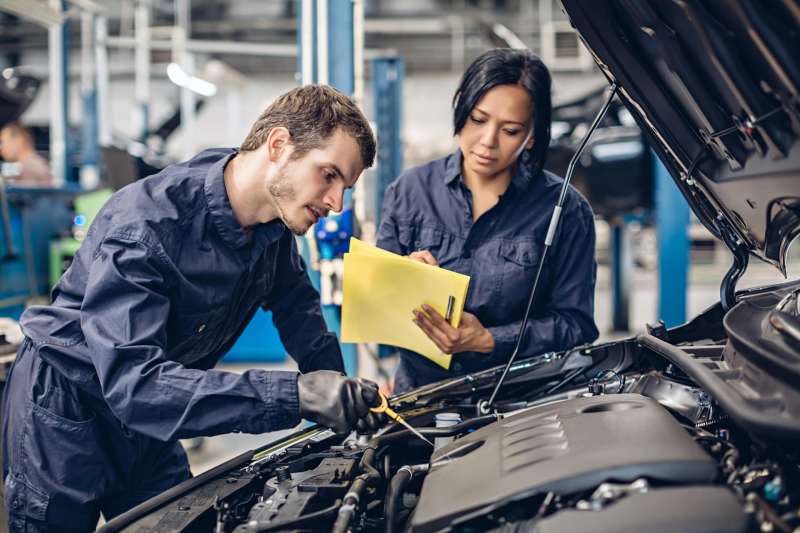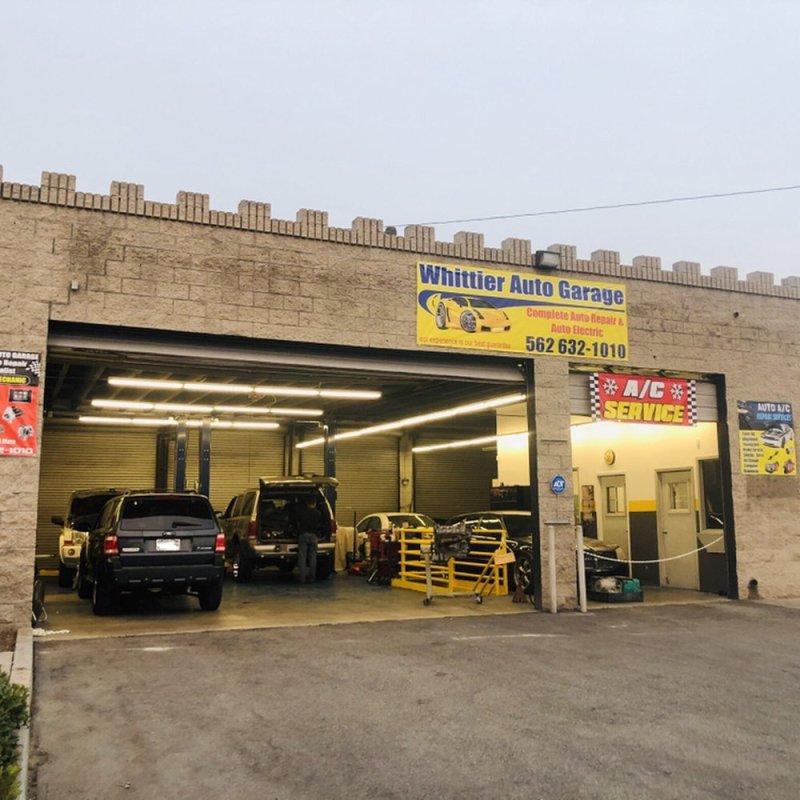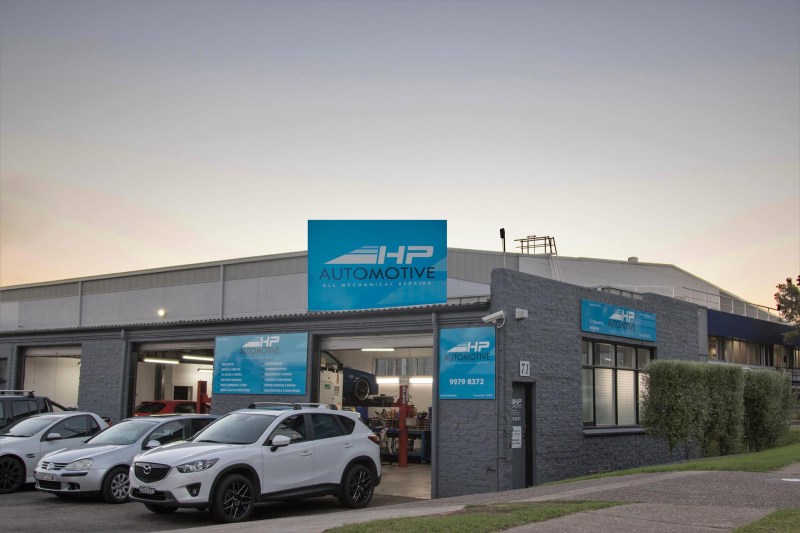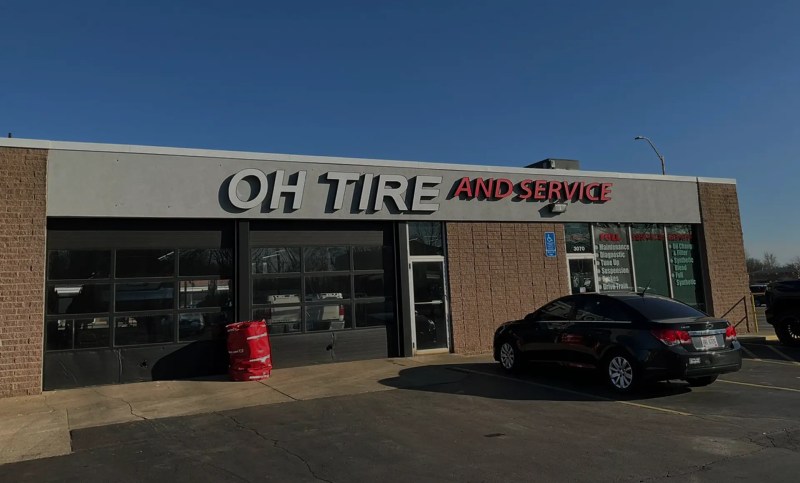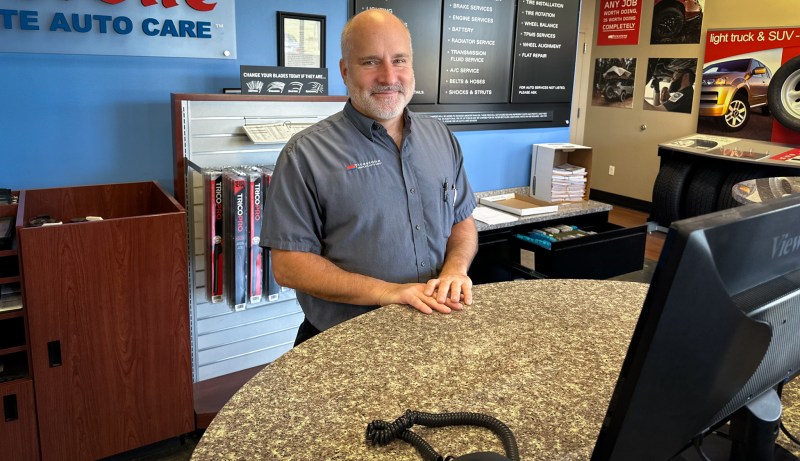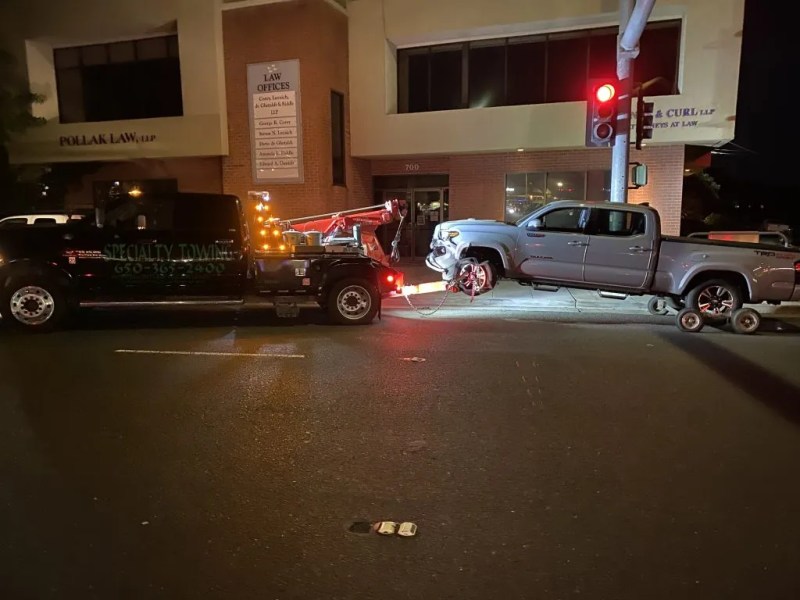Routine City Car Checkups – Use this list of common car maintenance items you should complete along with recommended mileage and intervals, and learn to avoid sales tricks.
An important part of car ownership is maintenance. Without proper car maintenance, your car will eventually wear out and break down prematurely. Also, if you have a new car with a warranty or buy a used car with an extended warranty, damage caused by poor or inadequate maintenance may not be covered.
Routine City Car Checkups

Your vehicle’s manufacturer sets various maintenance intervals for your vehicle and lists them in the “maintenance” section of the owner’s manual. These times will vary slightly, as some vehicles have higher tolerances that allow oil and other fluids to last longer.
Can I Service My Own Car And Keep The Warranty: 2024 Guide
That said, below is a list of common car maintenance items you will need to complete along with recommended mileage and time intervals. You’ll also find top car maintenance tips to avoid overspending. But first, let’s look at the main options you have when it comes to car maintenance.
Aside from DIY repairs, there are two options for getting professional car maintenance. You can go to a car dealer that sells your type of car or go to an auto repair shop. Both are solid options with pros and cons to each.
Dealerships aren’t the only game in town for car maintenance. Small repair shops and national repair centers offer a variety of mounts. Some of the benefits of using these facilities are:
Now that you have a better idea of where to repair your car, it’s time to review what needs to be repaired. Let’s dive into regular maintenance and how often they need attention to keep your car in top shape. With a little knowledge you can do some of these on your own, while others require a professional.
All There Is To Know About Electric Car Maintenance
Tire pressure is an often-forgotten car maintenance item, but it can have a huge negative impact on your fuel economy and car performance. Improper tire pressure can also cause premature and excessive tire wear. Fortunately, most cars today have tire pressure monitoring systems (TPMS) that will let you know when a tire is low on air.
If your car does not have TPMS, you should check your tire pressure at least once a week. Compare this pressure with the tire pressure recommendations on the inside of the driver’s door frame or in the owner’s manual. Do not adjust the tire pressure to the highest level listed on the side of the tire. The pressure often far exceeds the vehicle manufacturer’s recommended pressure, which can lead to misfires, poor fuel economy or excessive and uneven tire wear.
Checking your vehicle’s fluid levels is an important maintenance activity as it allows you to spot a problem before it becomes a serious problem. You’ll want to check your vehicle’s oil, transmission fluid, power steering fluid, brake fluid, and air conditioner levels at least once a week. It’s a good rule of thumb to check it every time you get gas.

Most vehicles will have a dipstick for motor oil, transmission fluid and power steering fluid. You can check the coolant level using the coolant overflow reservoir – do not loosen or remove the radiator cap to check the coolant level. The brake fluid level is indicated by the variable reservoir located on top of the brake master cylinder.
List Of Top Car Repair Services In Dewas
Each vehicle has slightly different methods of checking the fluid level and fluid level specifications. Check your owner’s manual for specific details.
Changing the oil is probably the one maintenance thing most car owners are familiar with. During this process, the oil is drained from the oil pan, the old oil filter is removed, a new one is installed and new oil is added.
Your engine oil keeps all the moving parts in the engine lubricated, and acts as a cleaner, sweeping away metal deposits and other impurities.
There is a lot of misinformation about oil changes, as most shops advertise to change your oil every three months or every 5,000 km, whichever comes first. However, each car model has a certain oil change interval, and this can vary from every three months or 5,000 km to as long as 12 months or 24,000 km.
Free Vehicle Pickup And Delivery Service
Many of today’s cars take the guesswork out of oil changes by tracking oil life and alerting you when an oil change is due with a warning light (such as “change oil”) or a message on the dashboard.
Pro Tip: Switching to synthetic oil will not extend your oil change intervals. The car determines the oil change intervals, not the type of motor oil.
Your car’s wheels are not always straight on the road. Instead, they sit at an angle, which puts more pressure on a smaller part of the tire. This can cause tire imbalance over time, but rotating the tires can help prevent this problem.

When you change a tyre, you move the wheels and tires from front to back and from back to front. This allows each tire to sit in a slightly different position, which evens out its wear. You should rotate the tire every six months or 12,000 km.
April Is National Car Care Month: Time To Spring For Vehicle Maintenance
Your car needs air to run, and an engine air filter removes dust and debris from the air before it enters the engine. Over time, particles clog the filter, restricting its flow and reducing vehicle performance and fuel consumption.
It’s not always easy to know when the air filter needs to be changed, which is why many car manufacturers list specific air filter replacement intervals. Most car manufacturers recommend changing the engine air filter every 12 months or 20,000-24,000 km.
Wiper blades are usually not listed in the manufacturer’s recommended maintenance cycle, as many variables can affect it. It is best to replace the wiper blades if they start to tear, chatter or squeak when you use them.
Your car’s transmission fluid has three important functions. First, it acts as a hydraulic fluid that transmits the pressure through which the transmission must move. Second, it acts as a lubricant and coolant for moving parts. Finally, a cleaner that cleans any metal shavings and friction material.
My Car Maintenance Tracker, Does Anyone Else Do It This Way?
Over time, this fluid breaks down and needs to be replaced. Most car manufacturers recommend shifting the transmission or filter and changing the fluid every 96,000-160,000 km.
Manual transmission fluid has a simpler function than automatic transmission fluid, as it only serves as a lubricant and cleaner. However, it is better to use light oil that breaks down quickly. Most manufacturers recommend changing manual transmission fluid every 48,000-96,000 km.
Your engine coolant – also called antifreeze – serves several purposes. Its main function is to keep the engine temperature in accordance with the manufacturer’s specifications. It also has chemicals that prevent the fluid from freezing in those cold Canadian winters. The coolant also cleans the cooling system, ensuring that debris does not stick to the engine’s coolant lines or radiator and restrict flow.

Over time, the coolant will become contaminated and need to be replaced. Most manufacturers recommend changing the coolant every 24-36 months or 38,000-58,000 km.
The Top 8 Most Common Car Issues
Remember that there are different types of coolant for different cars. Only use the right coolant for your car and dilute it with the right amount of clean water. You can find the type of coolant and the ratio of water to coolant in your owner’s manual.
Brake fluid is a forgotten fluid that is not regularly changed properly. Your car’s brake fluid absorbs moisture from the air, and this water in the system can cause corrosion between the brake lines, which can lead to leaks.
Absorbed water lowers the fluid’s boiling point, and boiling brake fluid can damage seals and introduce air into the fluid system.
Brakes are usually not included in the manufacturer’s recommended maintenance schedule, as your driving style can have a big impact on how quickly they wear. In general, you can expect to replace your brakes every 40,000-105,000 km, depending on the type of car, the type of brake pad and your driving style.
Basic Car Maintenance
Spark plugs play an important role in igniting the air and fuel mixture that makes your car run. Over time, these plugs collect field buildup and other debris, and their electrodes die. This weakens the spark, thereby reducing the performance of the spark plug.
Fortunately, this wear is slow, and many manufacturers recommend changing spark plugs, often called tuning, only every 48,000-145,000 km.
Most modern cars have coil packs instead of spark plug wires. However, if your car also has spark plug wires, it is wise to replace them when replacing the spark plugs.

The serpentine belt transfers the engine’s rotational power to the vehicle’s components – the air conditioner, the alternator, the power steering, the water pump – so that they work as expected. Over time, heat and stress cause this belt to weaken, crack or break.
Fleet Vehicle Maintenance Checklist: What To Include
If the latter happens, it can leave you broke down the road. Most manufacturers will recommend replacing the hose belt every 96,000-160,000 km. But you should check for cracks, crevices or corrosion at every oil change and replace it if these faults are present.
The time band is inside
Cost of routine car maintenance, what routine maintenance for car, how often should you get routine checkups at the doctor, routine car maintenance cost, routine car maintenance schedule, what is routine maintenance on a car, routine car maintenance near me, car checkups, routine car maintenance checklist, routine service car, routine checkups, car routine maintenance
- Volkswagen Polo 2025 - August 13, 2024
- Mini Cooper 2025 - August 13, 2024
- Daihatsu Ayla 2025 - August 13, 2024

